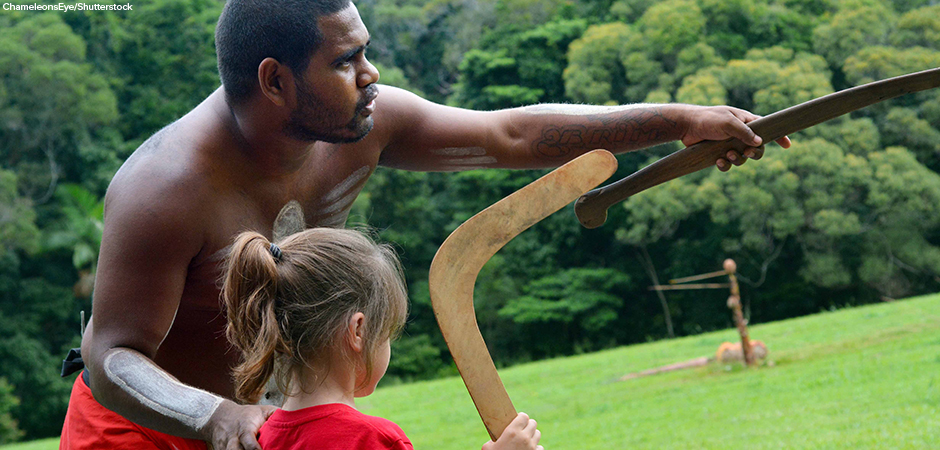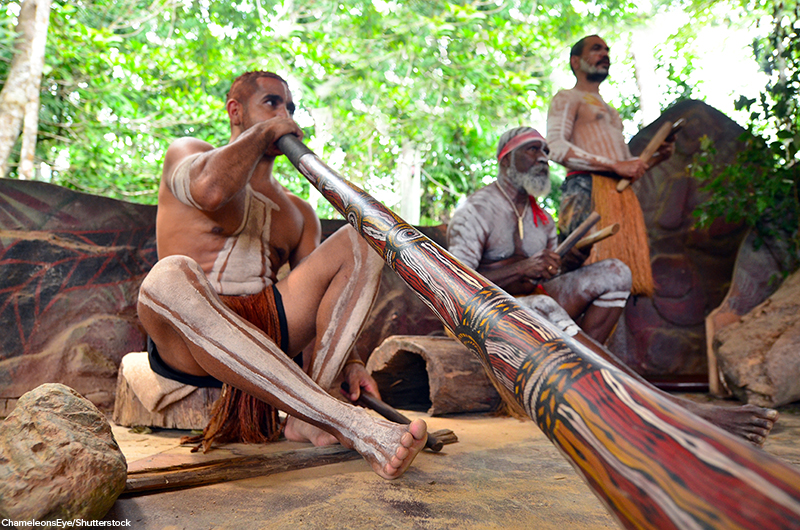
Lowitja O’Donoghue, a prominent figure in Australian history and Australia’s Aborigine community, passed away February 4, 2024, at age 91. Throughout her life, she was deeply committed to advocating for the health and rights of Aborigines.
The Aborigines are the indigenous, or native, people of Australia. They have a rich cultural history dating back tens of thousands of years. The Aborigines have strong cultural connections to the natural world and pass down their traditions through storytelling and art. Though they have faced challenges, including discrimination, they continue to preserve their unique heritage and contribute to Australia’s diverse society.
Early Life and Nursing Career
O’Donoghue was born in 1932 in a remote Aboriginal community in South Australia. She faced many challenges from an early age. She was separated from her family at just two years old and was raised by Christian missionaries. It wasn’t until she was an adult that she was reunited with her mother. O’Donoghue did many remarkable deeds throughout her life. In 1954, she became the first indigenous Australian to train as a nurse at the Royal Adelaide Hospital. There she rose to the position of charge sister, the supervisory nurse at the hospital. Her work extended well beyond her nursing career.
Advocacy Work
O’Donoghue played a key role in campaigning for the recognition of Aboriginal peoples in a 1967 referendum, or vote, to change the Australian Constitution. The successful campaign changed the constitution to count the Aboriginal people as part of Australia’s population and empowered the government to make laws for them.

O’Donoghue held leadership positions in various indigenous organizations at both state and national levels. In 1992, she became the first Aboriginal person to address the United Nations General Assembly.
In recognition of her tireless efforts, O’Donoghue received numerous honors. She became the first Aboriginal woman to gain membership in the Order of Australia in 1976. She was also named Australian of the Year in 1984 and was honored as an Australian National Living Treasure in 1998. Additionally, she received awards such as the Commander of the Order of the British Empire and a papal honor from Pope John Paul II. In 2010, the Lowitja Institute was established in her honor, dedicated to promoting the health and wellbeing of the Aborigine community.
O’Donoghue’s Legacy
Australia’s Prime Minister, Anthony Albanese, praised O’Donoghue in an official statement posted on social media. Albanese described her as one of the country’s most remarkable leaders. He highlighted her unwavering dedication to improving the lives of Indigenous peoples and promoting greater acceptance between Indigenous and non-Indigenous Australians.
O’Donoghue’s family described her as the matriarch (a female who is the head of a group) of their family, emphasizing her lifelong commitment to advancing the rights, health, and wellbeing of their community. They expressed gratitude for her pioneering efforts and the lasting impact she made on Indigenous communities.
Lowitja O’Donoghue leaves a legacy of resilience, advocacy, and leadership. Her contributions have significantly influenced Indigenous rights and reconciliation in Australia, leaving a lasting mark on the nation’s history.
